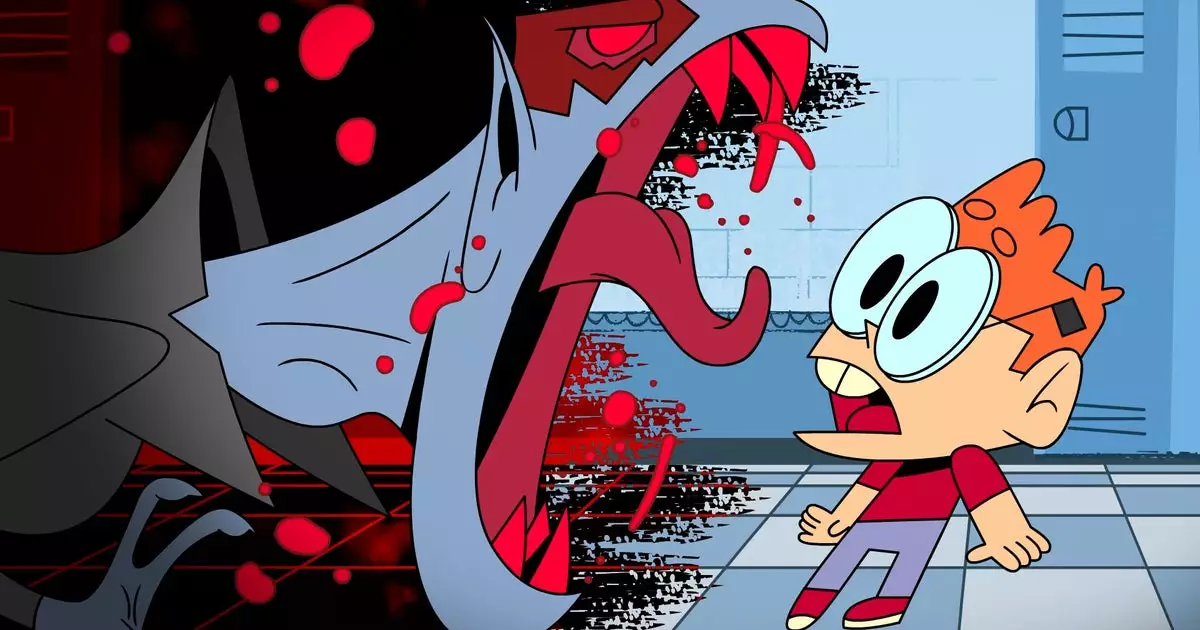The recent news of all 36 employees of Humble Games being laid off has sent shockwaves throughout the gaming industry. While the company insists that it is undergoing restructuring, former employees and industry insiders paint a different picture. According to business developer Nicola Kwan, the staff were informed of the shutdown at 9 am, contradicting Humble’s claims of restructuring. This discrepancy has raised concerns about the transparency of Humble Games’ operations and decision-making process.
Chris Radley, who served as Humble’s creative lead until 2022, publicly disputed the company’s narrative of restructuring. He made it clear that this was not a restructuring of operations but a total shutdown of Humble Games. Radley’s statement highlights the lack of communication and honesty from the company, leaving employees in a state of confusion and uncertainty about their futures. Additionally, an unnamed employee referred to the claims of restructuring as an attempt to “save face,” indicating a lack of accountability on the company’s part.
The fallout from Humble Games’ closure extends beyond the company itself. Former employees revealed that the company had not secured any projects for the upcoming years, suggesting a lack of foresight and planning. This sudden decision to shut down will not only affect the employees but also have broader implications for the indie gaming community. The absence of Humble Games in the market will leave a void that could impact the development and distribution of indie titles in the future.
This is not the first time that Humble Games has faced layoffs. Last November, an unspecified number of staff from its publishing arm were let go, indicating a pattern of instability within the company. The recurring layoffs reflect a deeper issue within the gaming industry, where short-term profits take precedence over long-term sustainability. Emilee Kieffer, a Senior QA at Humble Games, expressed her disappointment with the current state of the industry, highlighting the exploitative practices that prioritize profits over the well-being of employees.
The closure of Humble Games serves as a stark reminder of the challenges faced by indie developers and publishers in an industry dominated by corporate interests. The lack of transparency and communication from Humble Games management has left employees and industry observers with more questions than answers. Moving forward, there is a pressing need for accountability and ethical practices within the gaming industry to prevent similar incidents from occurring in the future.
The collapse of Humble Games represents a larger issue within the gaming industry, where the pursuit of profits often comes at the expense of employees and the creative process. The lack of transparency and communication from companies like Humble Games underscores the need for greater oversight and regulation to ensure the well-being of industry professionals and the future of indie gaming.


Leave a Reply